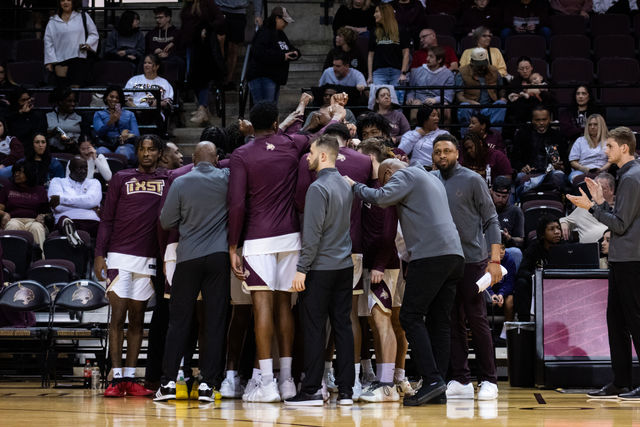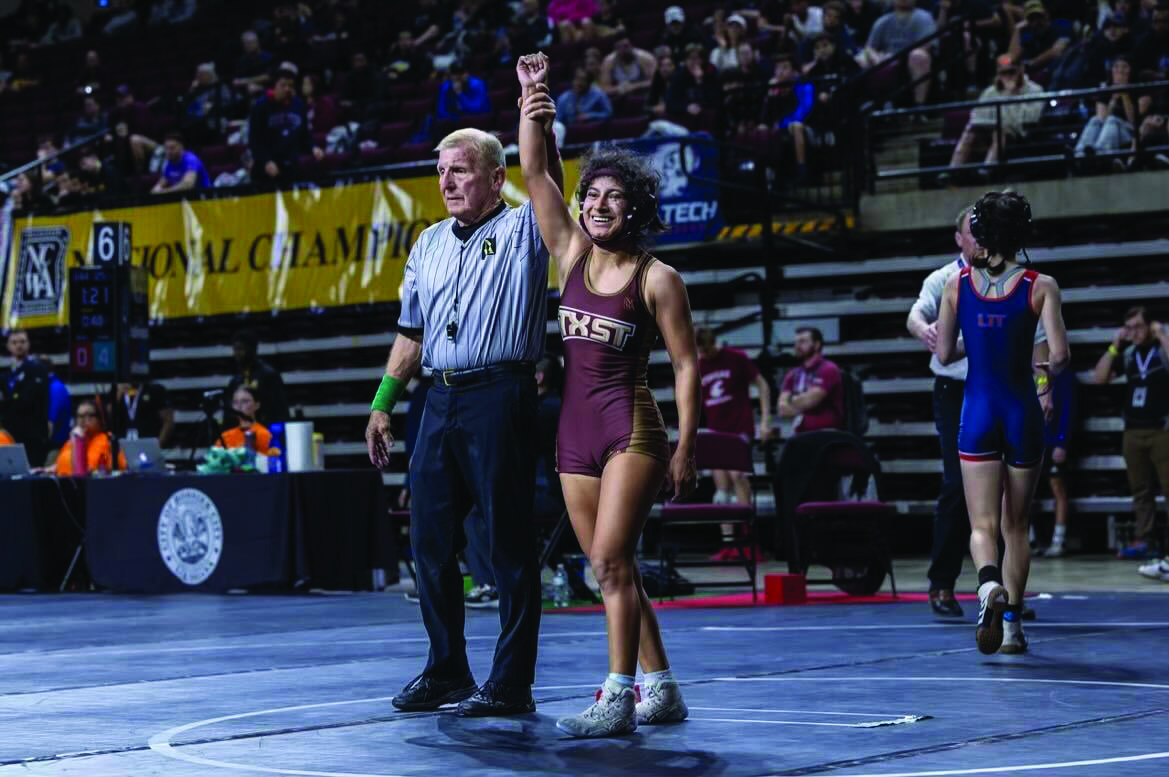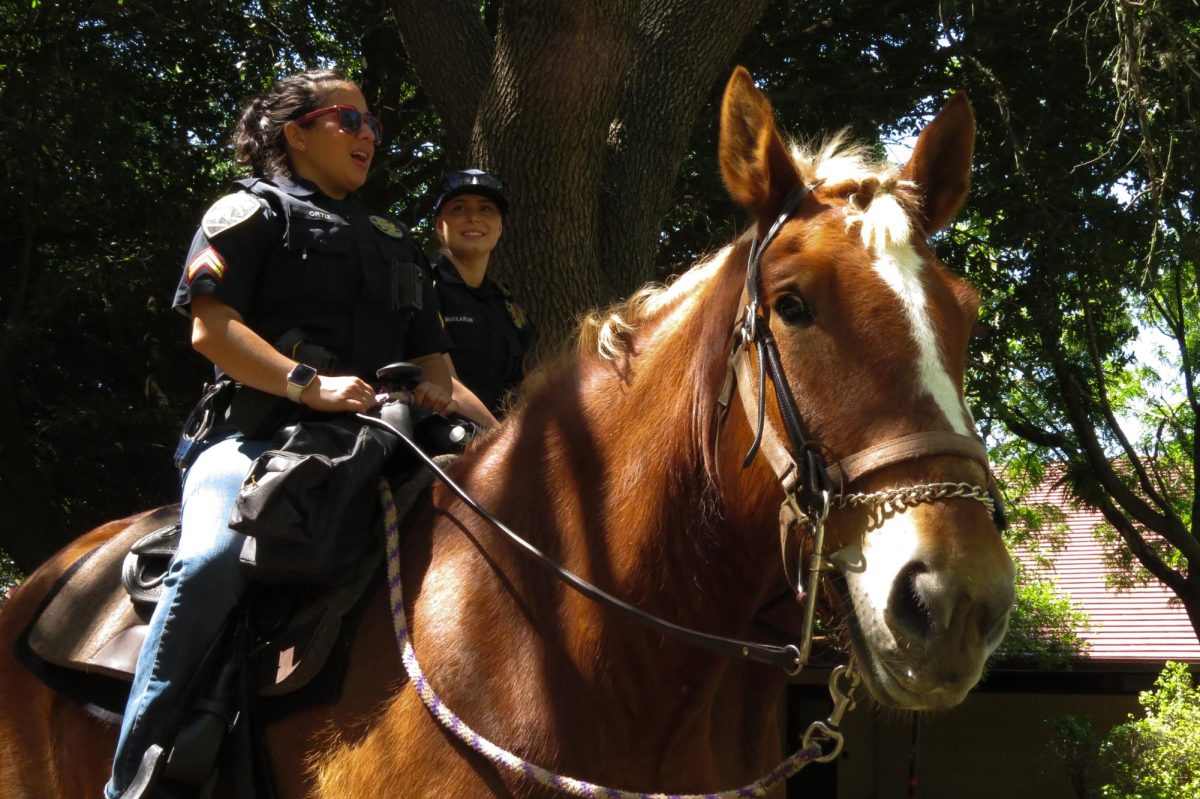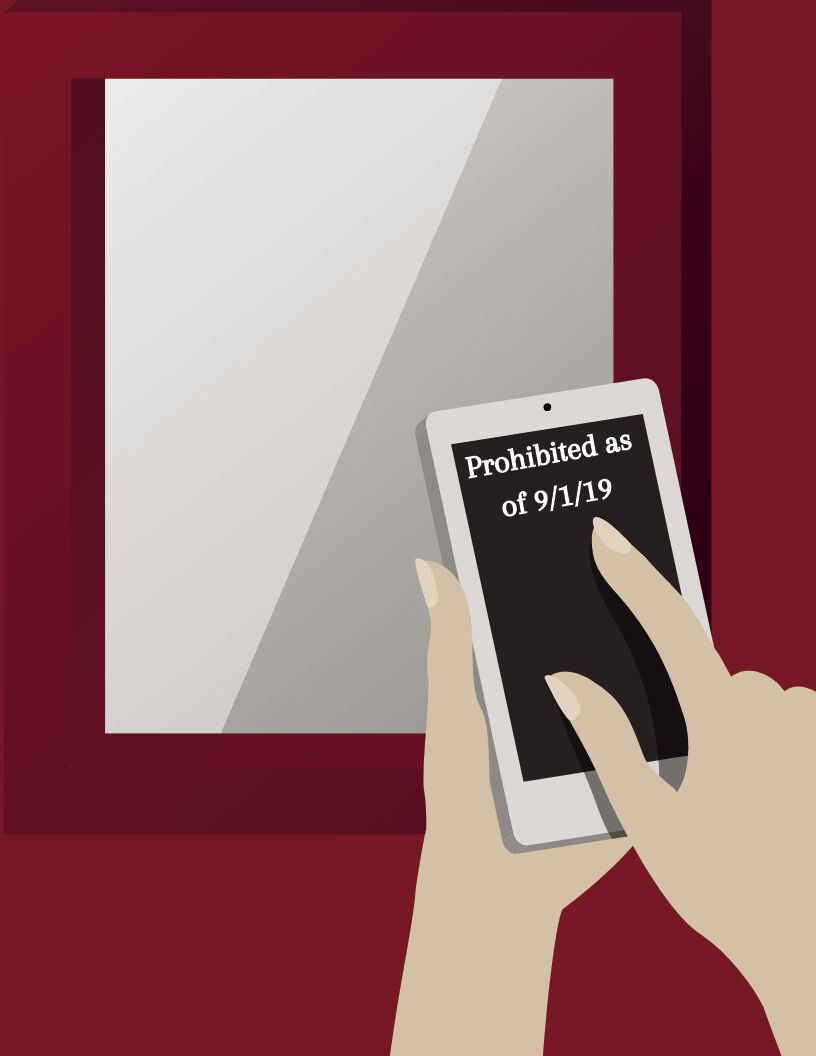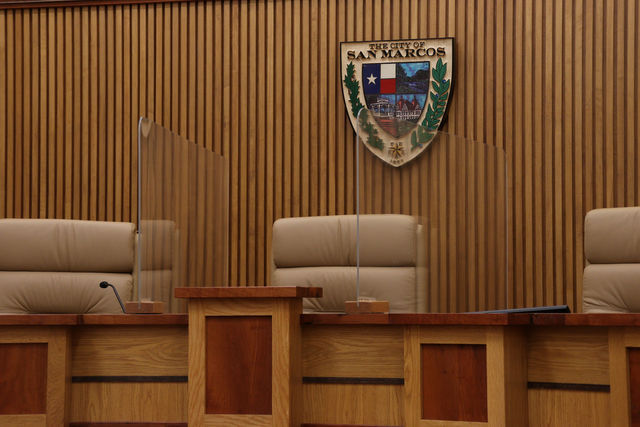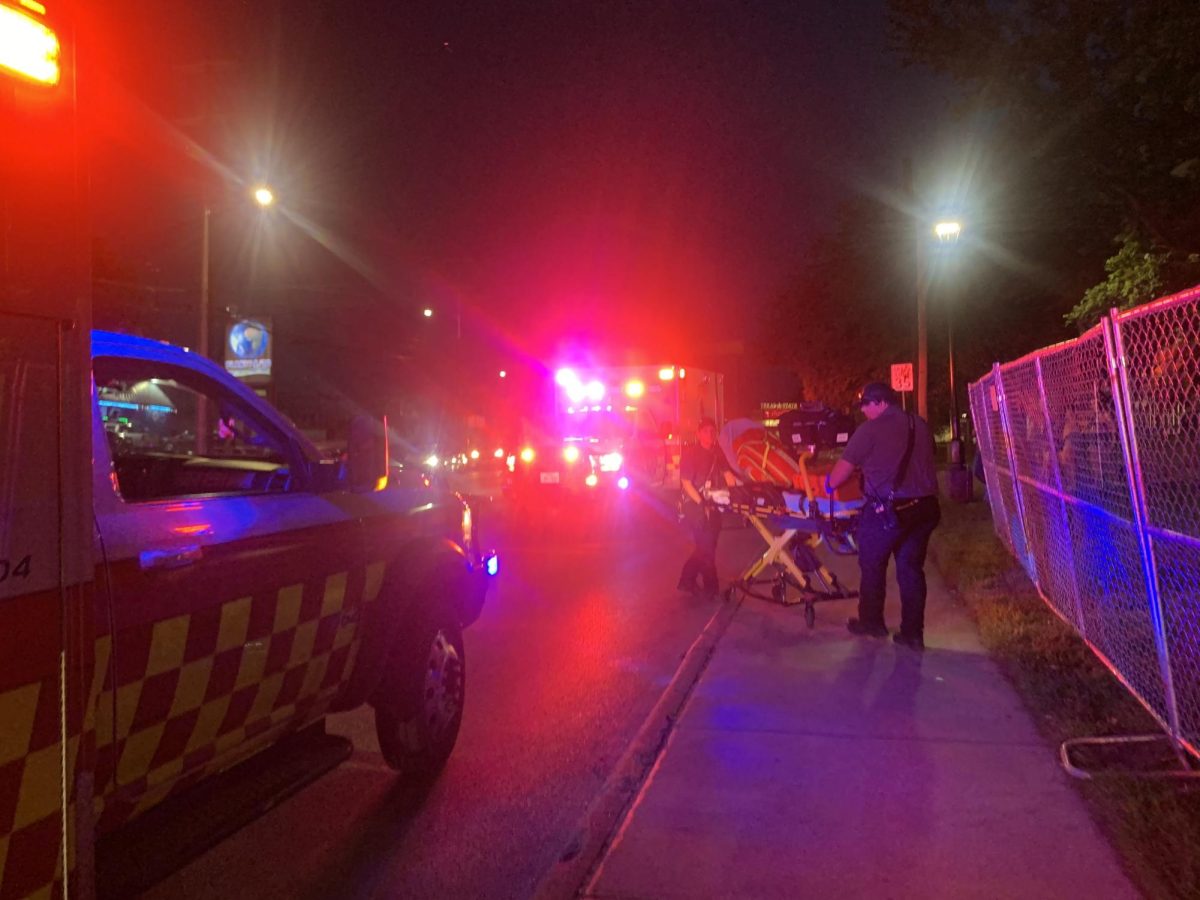In the era of online dating, House Bill 2789 — which criminalizes unsolicited lewd photos sent over email or text — could be a game-changing bill that helps return a sense of control and safety to teens and young adults that date online in Texas.
HB 2789 classifies unwarranted nude or sexual photos as a Class C misdemeanor with a fine of up to $500. The bill, which passed 122-12 in the Texas House on April 25 with unanimous support in the state senate, will be sent to Gov. Greg Abbott’s desk and take effect Sept. 1.
The bill was written by Representative Morgan Meyer (R-Dallas) with bipartisan sponsorship and backed by Austin-based app Bumble, a dating app that has grown to offer a sister-app, BumbleBFF, with professional networking features as well. Whitney Wolfe Herd, Bumble’s CEO and founder, spoke to the House in support of the bill. Wolfe Herd co-founded another dating app, Tinder, before moving on to Bumble.
Wolfe Herd supports the legislation against claims it may infringe on free speech. Herd compared unsolicited nudes to in-person indecent exposure.
“With Gov. Abbott’s signature, Texas will step to the forefront of the overdue era of online safety and accountability,” Herd said.
Herd’s analogy of indecent exposure and unsolicited photos is evident in her company’s policies. Bumble does not allow photos of swimwear indoors because it could be mistaken for underwear photos.
“You want a user’s consent before sending that kind of content,” the policy states. “It’s just bad manners to jump to such conclusions.”
Bumble’s assertions of reason behind the photo policy is more than a drop in a lake, since hundreds of thousands of college students use Bumble and similar apps.
Online apartment-finding service Abodo conducted a 2017 study that surveyed 3,500 college students and found over half frequently used dating apps.
The sending of unsolicited nude photos is addressed in Texas State’s Sexual Misconduct Policy, falling under Sexual Misconduct or Sexual Intimidation.
While HB 2789 does not take effect until September 2019, Bobcats do not have to wait for legal protection against this sort of sexual misconduct.
TXST’s Sexual Misconduct policy covers unsolicited nudes under Sexual Exploitation, defined as, “non-consensual electronically recording, photographing, or transmitting intimate or sexual utterances, sounds or images without the knowledge and consent of all parties involved.”
Allison Fortson, Texas State alumna, approached online dating with serious intentions but found many men she interacted with failed to reciprocate her respect.
“Most of the unsolicited photos I received were from Snapchat prior to joining a dating site, and every single time I received one I felt angry and gross,” Fortson said. “After joining Bumble, I soon realized this was not just happening on Snapchat.”
While it is unclear how HB 2789 will handle unsolicited photos from short-term messages like Snapchat, Fortson feels it is a step in the right direction.
“I’m excited that we can still decide to pursue meeting people and making connections online without the fear of being objectified,” Fortson said.
The Journal of the American Medical Association Network published a study in April 2018 which found one in four teenagers engage in sexting: sending and receiving sexually explicit text messages and photos.
Texas Freedom Network published a 2015 review of the sex education program in Texas, finding no emphasis on consent or defining affirmative behavior. Young people tend to want to explore their sexuality and identity, but receive little to no information on what consent fully entails under Texas curriculum. This leaves the sending of unsolicited photos in a legal gray area.
Audrey Smith, Texas State alumna, has received her share of unwarranted lewd images. Smith is a freelance model and receives messages from strangers on her Instagram account daily.
“It’s aggressive and rude, and in some cases really ruined my mood,” Smith said. “I hope (HB 2789) helps people comfortably message others without having to worry if they’re going to get a random photo of genitals from someone they don’t even know.”
Market research company YouGov found 27 percent of millennial men have sent an unsolicited photo, with 24 percent of those men sending without being asked. HB 2789 received unanimous support, with no individuals registering to speak against the bill.


